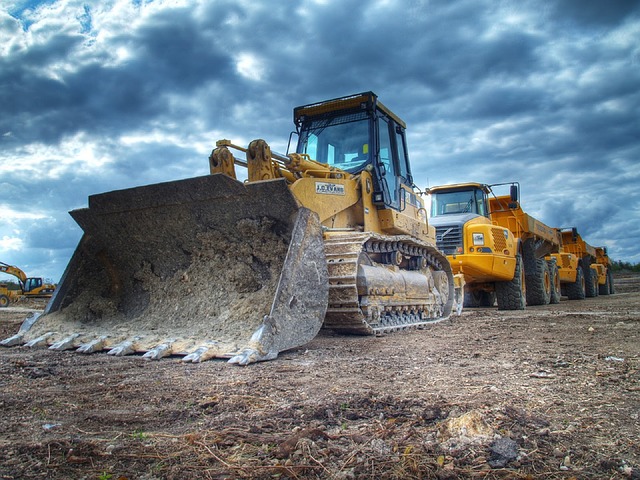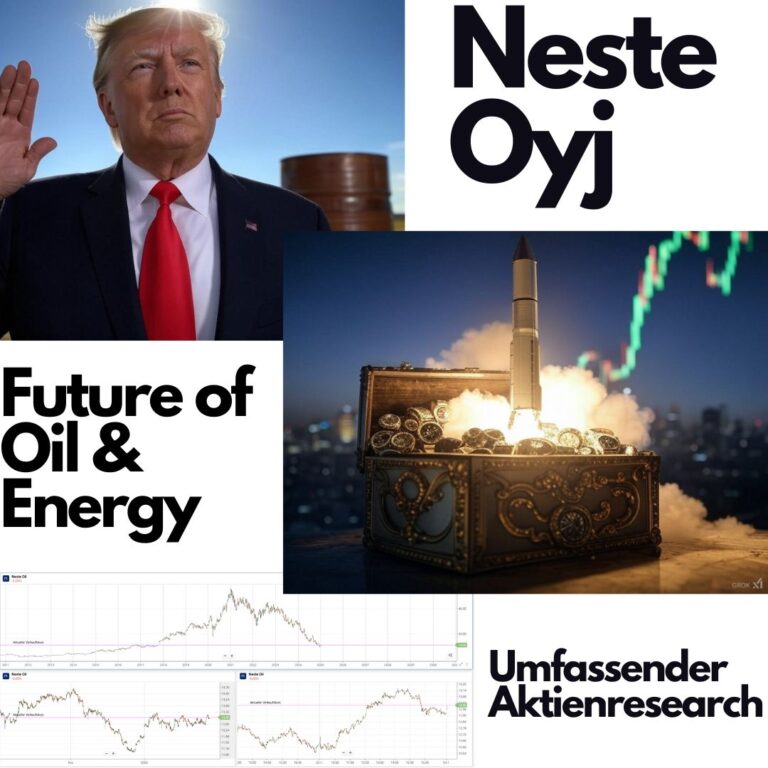Iridium is one of the rarest metals in the world and is even rarer than gold. The silvery-white shining precious metal belongs to the so-called transition metals and comes from the group of platinum metals.
The second most dense element, iridium is obtained as a pure by-product from the mining of platinum and is likely to become even more sought-after in the future, as iridium is irreplaceable in numerous future technologies.
Rare precious metal with the second highest density in the universe
On Earth, iridium is one of the rarest metals. Iridium, which belongs to the platinum metals, is even five times rarer than gold. In the universe, however, the precious metal is not in short supply.
There, iridium, just like the other platinum metals, is formed by a fusion of neutron stars and occurs about as frequently as the heavy metal tin. When it was formed on Earth, iridium was deposited in its iron core and is found only in very small quantities. In total, only 0.022 billionths of a percent of the earth’s crust consists of iridium.
Iridium does not form its own deposits in the earth’s crust and is therefore extremely difficult to find. Therefore, there are no reliable figures on the actual iridium resources available.
Geologists suspect larger deposits in South Africa, especially in the Witwatersrand mountain range, in the Urals, on Borneo, in Tasmania, Japan, and in North and South America.
The precious metal has the second highest density of all elements and is the most corrosion resistant of all metals.
Recovery of iridium from platinum mining only
Iridium is obtained exclusively as a pure by-product in the mining of platinum. The main mining takes place in South Africa.
Since platinum can also only be extracted during the mining of other metals, the extraction of iridium is therefore always indirectly related to the mining of silver, copper, iron, nickel, lead or tin.
To obtain pure iridium, the sister metal platinum is dissolved in an acid mixture known as aqua regia. In this way, a residue is formed which, in addition to iridium, also contains the other platinum metals ruthenium, rhodium and osmium.
Using different chemical reactants, the precious metals must be separated from each other in the next step.
Iridium is separated from the other components with water and sodium peroxide. The result is iridium oxide, which is then heated to 1200 degrees Celsius. In the process, the iridium oxide ultimately burns up to form pure iridium and oxygen.
World annual consumption is tiny but important
If the worldwide annual consumption of iridium were pressed into a cube, this iridium cube would have an edge length of only about 65 centimeters. However, since iridium is the second most dense element and one cubic centimeter of the precious metal weighs about 22.42 grams, this cube would still have a weight of 6.1 tons.
Iridium is one of the rarest metals in the world and is even rarer than gold. The silvery-white shining precious metal belongs to the so-called transition metals and comes from the group of platinum metals.
The second most dense element, iridium is obtained as a pure by-product from the mining of platinum and is likely to become even more sought-after in the future, as iridium is irreplaceable in numerous future technologies.
Rare precious metal with the second highest density in the universe
On Earth, iridium is one of the rarest metals. Iridium, which belongs to the platinum metals, is even five times rarer than gold. In the universe, however, the precious metal is not in short supply.
There, iridium, just like the other platinum metals, is formed by a fusion of neutron stars and occurs about as frequently as the heavy metal tin. When it was formed on Earth, iridium was deposited in its iron core and is found only in very small quantities. In total, only 0.022 billionths of a percent of the earth’s crust consists of iridium.
Iridium does not form its own deposits in the earth’s crust and is therefore extremely difficult to find. Therefore, there are no reliable figures on the actual iridium resources available.
Geologists suspect larger deposits in South Africa, especially in the Witwatersrand mountain range, in the Urals, on Borneo, in Tasmania, Japan, and in North and South America.
The precious metal has the second highest density of all elements and is the most corrosion resistant of all metals.
Recovery of iridium from platinum mining only
Iridium is obtained exclusively as a pure by-product in the mining of platinum. The main mining takes place in South Africa.
Since platinum can also only be extracted during the mining of other metals, the extraction of iridium is therefore always indirectly related to the mining of silver, copper, iron, nickel, lead or tin.
To obtain pure iridium, the sister metal platinum is dissolved in an acid mixture known as aqua regia. In this way, a residue is formed which, in addition to iridium, also contains the other platinum metals ruthenium, rhodium and osmium.
Using different chemical reactants, the precious metals must be separated from each other in the next step.
Iridium is separated from the other components with water and sodium peroxide. The result is iridium oxide, which is then heated to 1200 degrees Celsius. In the process, the iridium oxide ultimately burns up to form pure iridium and oxygen.
World annual consumption is tiny but important
If the worldwide annual consumption of iridium were pressed into a cube, this iridium cube would have an edge length of only about 65 centimeters. However, since iridium is the second most dense element and one cubic centimeter of the precious metal weighs about 22.42 grams, this cube would still have a weight of 6.1 tons.
Although iridium is only required by industry in relatively small quantities, the precious metal is extremely important for almost all future-oriented technologies. For example, the silvery-white metal is required for numerous platinum-iridium alloys in the automotive industry, aerospace technology and medical technology.







